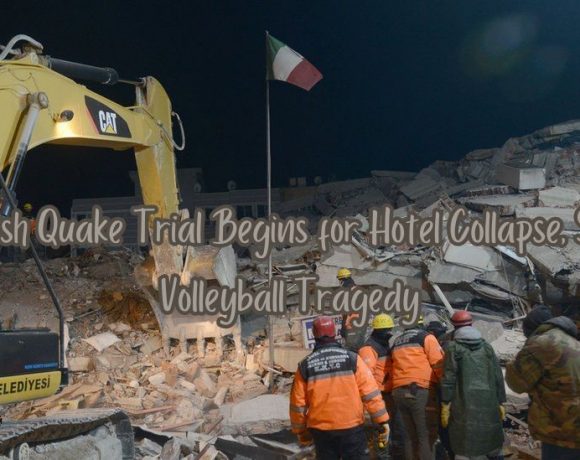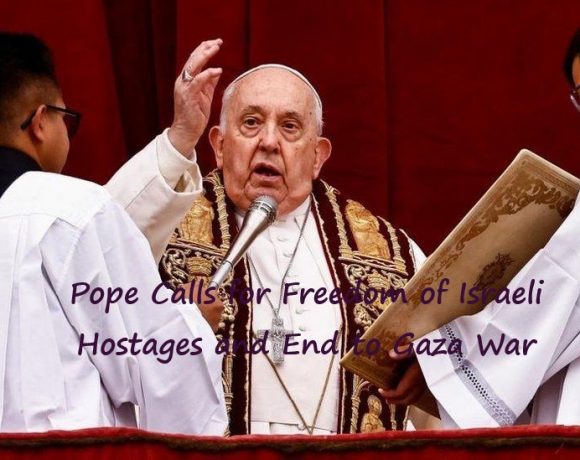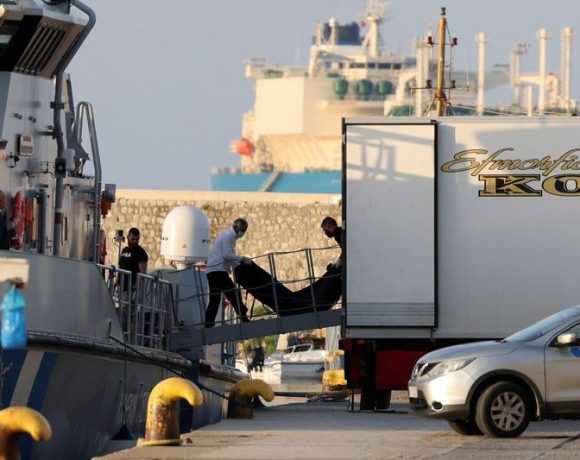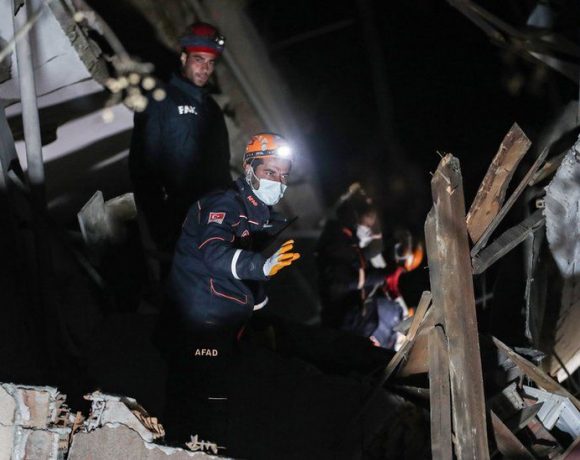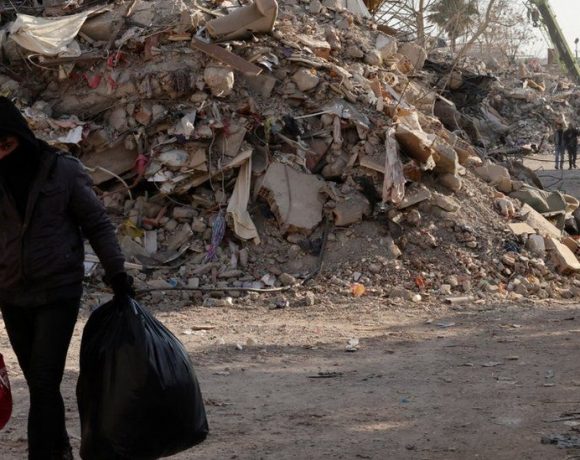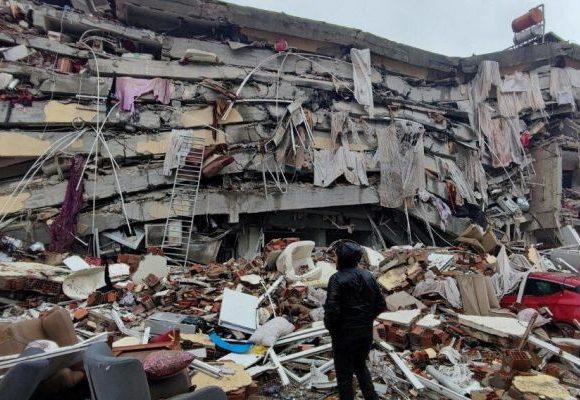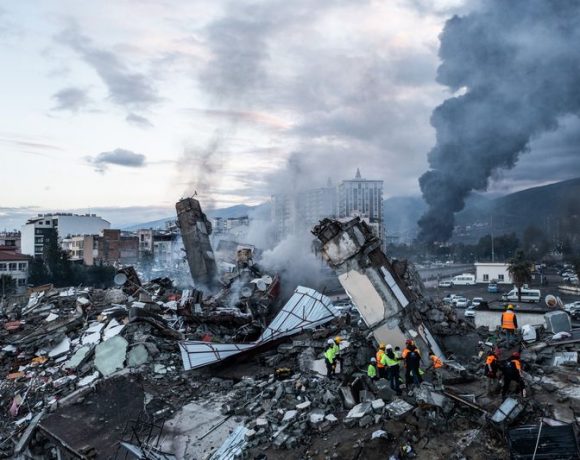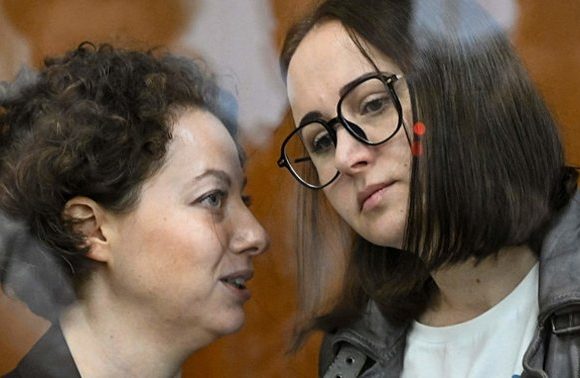
A Russian playwright and a theatre director have been convicted of “justifying terrorism” by a Moscow military court. Director Yevgenia Berkovich and playwright Svetlana Petrichuk received six-year sentences for their play, The Brave Falcon Finist. The play, loosely inspired by real events, depicts Russian women traveling to Syria during the civil war to marry Islamic State fighters.
Their defense lawyer has pledged to appeal the verdict. The trial, held partially behind closed doors, has raised concerns about artistic freedom in Russia. In addition to their prison sentences, both women are barred from “administering websites” for three years post-release. They have been in custody since May 2023 and will now be sent to a penal colony, as reported by RBC.
Prosecutors argued that the play conveyed a positive view of IS, with prosecutor Yekaterina Denisova highlighting “signs of justification of terrorism” in the content. At the trial’s outset, Berkovich, 39, and Petrichuk, 44, stated that they created the play to oppose terrorism, expressing strong condemnation of terrorists. Berkovich emphasized her lack of affiliation with any form of Islam, particularly radical forms.
Throughout the trial, both women asserted their innocence. Defense lawyer Ksenia Karpinskaya condemned the trial as “absolutely illegal” and “unfair,” committing to appeal despite having “little hope.” She emphasized the innocence of both women.
Supporters suggest Berkovich’s prosecution may be linked to her critical poems about Russia’s military actions in Ukraine. Since the 2022 invasion of Ukraine, Russia’s artistic community has faced growing pressure from the Kremlin. Notable Russian figures, including newspaper editor Dmitry Muratov and actress Yulia Peresild, have expressed support for Berkovich and Petrichuk.
The Brave Falcon Finist, which debuted in 2020, won two Golden Mask Theatre Awards for best playwright and best costumes. Recently, Russia has experienced deadly Islamist militant attacks in Moscow and Dagestan, with the Kremlin making unproven claims of Ukraine’s involvement.
Picture Courtesy: Google/images are subject to copyright

